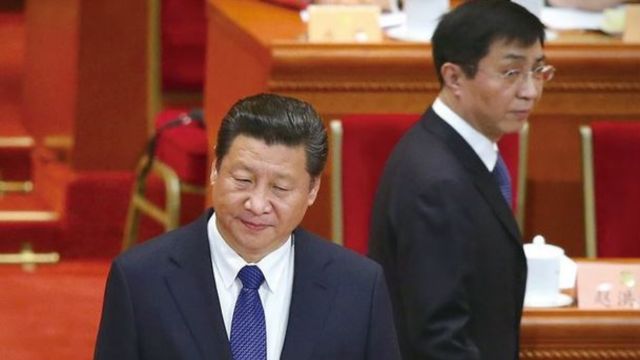Religious Regulation Redefined: Wang Huning's Bold Vision for Legal Oversight

In a recent high-level discourse, the Chinese Communist Party's chief ideological strategist unveiled the profound significance of Xi Jinping's distinctive approach to understanding religion—a perspective carefully crafted to advance the Party's strategic objectives both domestically and internationally.
Xi Jinping's interpretation of religious dynamics goes far beyond traditional political frameworks, presenting a nuanced methodology that positions religious institutions as potential instruments of state policy. By framing religious practices through a lens of national unity and Party-aligned principles, Xi seeks to transform religious communities into supportive pillars of the Communist Party's broader societal vision.
The ideological narrative emphasizes that religions should not be viewed as independent spiritual pursuits, but as potential channels for promoting national cohesion and implementing state-directed social strategies. This approach reflects a calculated effort to integrate religious organizations more closely with the Party's overarching political and cultural agenda.
By positioning religious understanding as a "scientific" framework, the CCP aims to reshape how religious communities perceive their role within the broader national context. The goal is clear: to ensure that religious practices align seamlessly with the Party's ideological priorities and contribute constructively to its domestic and global ambitions.
This strategic reinterpretation of religious engagement represents a sophisticated approach to managing diverse spiritual landscapes, transforming potential sources of independent thought into coordinated support mechanisms for the Party's comprehensive vision of social development.
